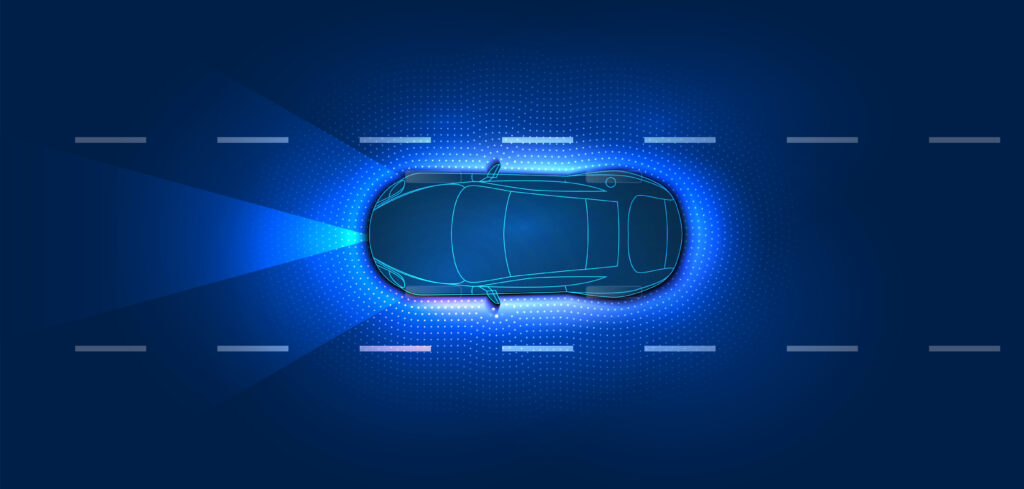Researchers from Oxford University’s department of computer science in the UK have worked with colleagues at the Boğaziçi University in Turkey to develop an artificial intelligence (AI) system that enables autonomous vehicles (AVs) to navigate safely and reliably even in challenging weather conditions.
“The difficulty for AVs to achieve precise positioning during challenging adverse weather is a major reason why these have been limited to relatively small-scale trials up to now,” said Yasin Almalioglu, who completed the research as part of his DPhil in Oxford University’s department of computer science. “For instance, weather such as rain, fog or snow may cause an AV to detect itself in the wrong lane before a turn, or to stop too late at an intersection because of imprecise positioning.”
To overcome the issue, researchers and colleagues designed a self-supervised deep learning model for ego-motion estimation – an extremely important part of an AV’s driving system as it estimates the vehicle’s moving position relative to objects observed by the car.
The model used highly detailed information gained from visual sensors – which can sometimes be disrupted by harsh weather conditions – and data from weather-immune sources like radar. This ensured each could be used in a range of weather conditions.
The newly created model was then trained using publicly available AV data sets, which included data from multiple sensors – cameras, lidar and radar – in a diverse array of situations, including variable light, darkness and precipitation. Algorithms were generated from this information to reconstruct scene geometry and calculate the vehicle’s exact position from novel data.
Researchers then conducted various tests to demonstrate how the model benefitted from all-weather performance in rain, fog and snow, both at day and at night.
“The precise positioning capability provides a basis for numerous core functionalities of AVs, such as motion planning, prediction, situational awareness and collision avoidance,” said Prof. Niki Trigoni, from the department of computer science at Oxford University. “This study provides an exciting complementary solution for the AV software stack to achieve this capability.”
“Estimating the precise location of AVs is a critical milestone to achieving reliable autonomous driving under challenging conditions,” added Prof. Andrew Markham, from the department of computer science at Oxford University. “This study effectively exploits the complementary aspects of different sensors to help AVs navigate in difficult daily scenarios.”


